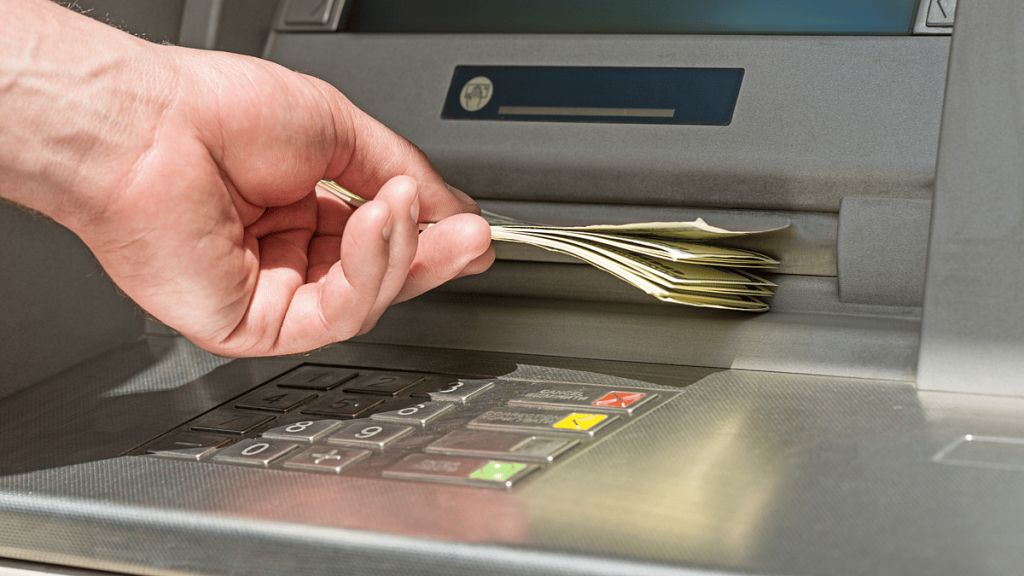
In the age where Unified Payment Interface or UPI, has enveloped the means of regular Indians at every walk of their life, other means are losing their prominence.
Nevertheless, these modes and means of financial transactions are still essential.
Transaction Fee Could Increase
One such medium is the Automated Teller Machine or ATM. In a major development concerning ATMs in the country, your ATM transactions may cost more than they do now.

As per reports, the Reserve Bank of India, the central pillar of the banking system in India may be ruminating over an increase in transaction fees.
As per reports from Hindu BusinessLine, the National Payments Corporation of India (NPCI) has recommended increasing the maximum cash transaction fees.
This would that the transaction fee would rise to Rs 22 from its current level of Rs 21 per transaction.
It needs to be noted that this would only kick in after a total of 5 transactions in a month.
Here, another point to be noted is that the number of free transactions per month at other bank ATMs is limited to 3 in metro ATMs and 5 in non-metro ATMs.
Once the 5-transaction limit is crossed, bank customers will have to shell out an additional sum, for every transaction until the next month.

Interchange Fee May Also Rise
In addition to that, NPCI also recommended increasing the ATM interchange fee. The interchange fee, which currently stands at Rs 17 for cash transactions could rise to Rs 19.
Meanwhile, the non-cash transactions are recommended to be increased to Rs 7 from Rs 6.
What Is an Interchange Fee?
Every time a customer of one bank uses an ATM operated by another, the former bank must pay a fee to the latter bank. This is known as an interchange fee.
Here, the rise in interchange fees, and increased cost for banks, may be passed down to customers.